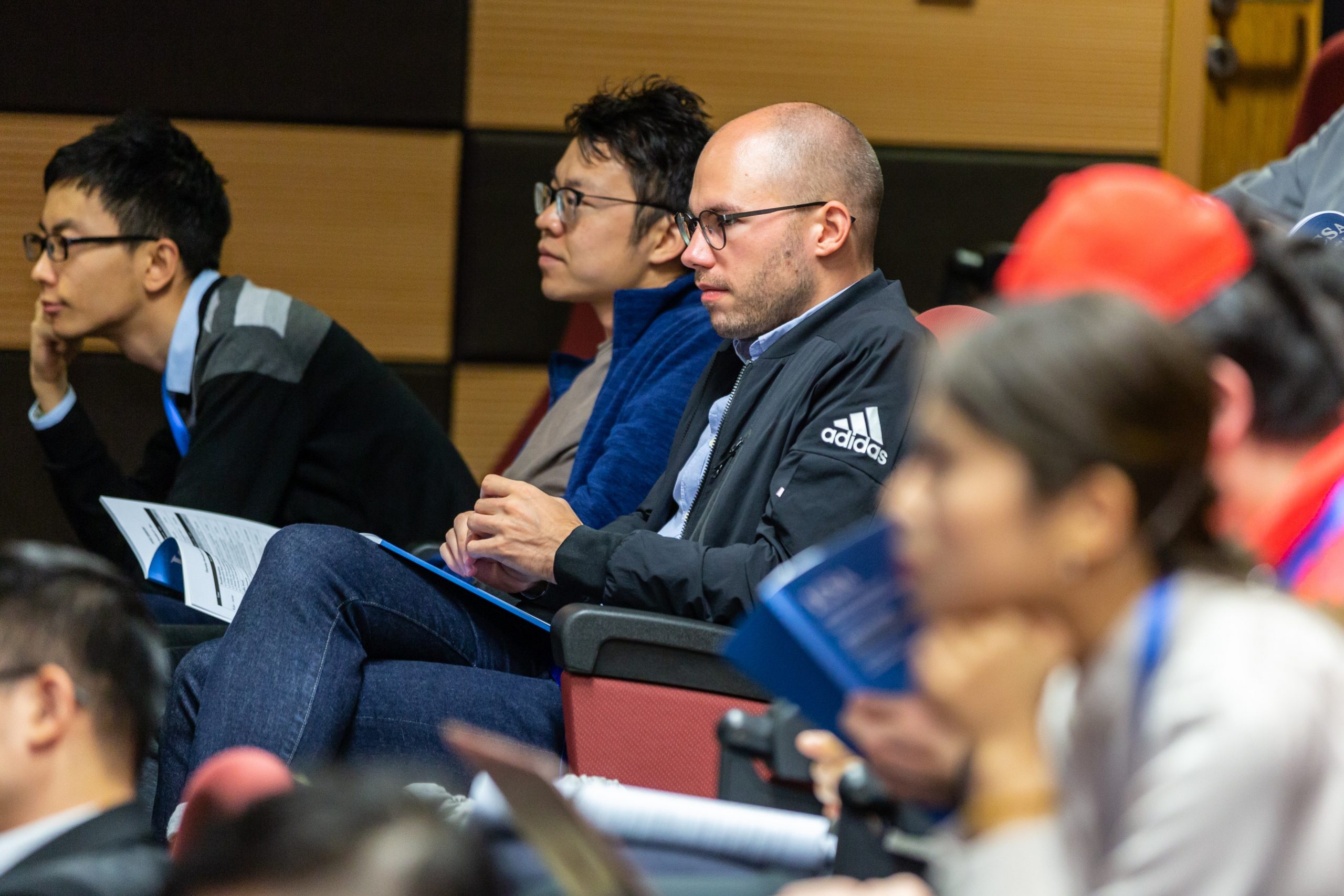The five groups hardest hit by the pandemic*.
- Underrepresented Talent (19 out of 20*) – During times of social and economic uncertainty, it is often those from lower socio-economic backgrounds that are the worst affected. During the pandemic, these groups are less likely to have had access to support networks and technology, making working virtually incredibly difficult. This is hindering career progression, building on pre-existing workplace injustices. For example, in the Financial Services sector, people from lower socio-economic backgrounds take on average 25% longer to develop in their careers. This figure increases to 32% amongst people from lower socio-economic backgrounds who identify as black.
- Hospitality Industry (18 out of 20) – Throughout much of 2020 and 2021, the industry was forced to place thousands of people on furlough due to COVID-19 restrictions effectively bringing the whole sector to a halt. Even now that businesses have been able to reopen, many of these workers have decided not to return, finding new industries to work in. This has created a new challenge, leaving hospitality bosses with a significant employee shortage.
- University Students (17 out of 20) – With many businesses pausing recruitment during the height of the pandemic, and so many internships and placements being cut, opportunities for graduates simply weren’t there. In addition, ‘on campus’ events moved online. This has been better than nothing, but the virtual environment often fails to give students the same results and networking opportunities as in-person interactions, putting them at a disadvantage compared to previous cohorts when attempting to enter the workplace.
- School students (14 out of 20) – Young people have missed out on vital classroom experiences during the pandemic. Interacting with and learning from peers, face to face teaching and developing softer skills are all crucial to future success. For many, home learning was not possible due to lack of tech, space, or broadband capabilities. There were also fewer opportunities for work experience, which can be critical in introducing young people to career options available to them and equipping them with the knowledge and confidence they need to pursue a specific path. According to the ISE’s Recruitment Survey, released in November 2021, the number of internships and placement years offered did rise between 2019/20 and 2020/21, by 77% and 63% respectively, but are still nowhere near pre-pandemic levels.
- New Starters (8 out of 20) – Onboarding during the pandemic and numerous lockdowns has been tough, stopping people building important in-person relationships with colleagues. As with any new role, ‘learning by osmosis’ is crucial to progression, belonging and long-term successes. This isn’t happening for millions of new starters who are joining the workforce from home. This will likely have a detrimental effect on the speed at which they can progress.
Will Akerman, Founder and MD of Connectr, concludes: “At Connectr, we specialise in understanding and nurturing underrepresented talent, and this gives us a unique insight into how the pandemic has impacted certain groups. The past two years have been tough for all of us, but for these five groups it has been even harder than anyone could have imagined. A lack of jobs, opportunities and support has left people feeling a sense of uncertainty, with many unsure where to turn to revive or kick start their careers. This simply isn’t fair and Connectr will continue to work with both the Government and UK businesses to support the most disadvantaged groups, ensuring nobody is left behind in the nation’s post-pandemic recovery.”
To determine the list of the top five hardest hit groups of lockdown, the experts at Connectr looked at all key groups effected by the pandemic and assigned them a score out of 10 for both the financial and the emotional impact caused by COVID-19. The financial impact score was based on factors including salary lost, employment opportunities missed, and time wasted. The emotional impact included measures such as increased stress, discrimination, and additional time pressures. This gave each group a score out of 20, 20 being the most impacted and 0 being the least impacted. Underrepresented talent was found to be the worst effected, scoring 9/10 for financial impact and 10/10 for emotional impact, an overall score of 19/20. The other four groups in the list were included as they all scored 8/20 or more, making them amongst the worst effected in the country.









